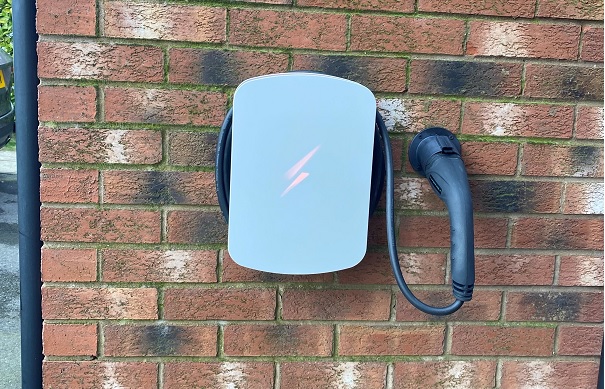Electric vehicles (EVs) are becoming increasingly popular on our roads and the transition to electric driving from the traditional petrol and diesel vehicles is well underway. In line with this there are vast improvements in the public infrastructure, and EV chargers are becoming more commonplace on public streets, in public car parks, in workplaces and on private driveways. While there is a lot of work to do to ensure the charging network in the UK is sufficient to meet EV driving demand, and to placate those with scepticism about the transition to EVs, the charging infrastructure is still sufficient that it requires regulation and control.
Why do we need interoperability testing?
Safety testing of EV chargers includes basic electrical safety testing for issues such as earthing, current leakage and insulation resistance, but an important element of managing the public infrastructure is that of compatibility. This means that an EV charger in a public place needs to be compatible with many different types of electric vehicle. This is so that the charging experience:
- Is safe
- Provides the best user experience
- Is optimal in terms of efficiency, regardless of the type of vehicle and the charging conditions.
Interoperability testing of EV charging stations therefore, is an important element of the EV charging infrastructure, because it ensures that an EV charger is able to communicate with an EV and that the charging process is seamless, ie. it provides the simple ‘plug and charge’ experience that the user expects every time.
Therefore, the interoperability testing process tests the communication protocols which are known as OCPP, which stands for Open Charge Point Protocol and an internationally recognised standard known as ISO15118. This standard facilitates the connection between the vehicles charging and the charging station, so it describes how the EV and the charger communicate through a series of tests, and so that the user can enjoy a seamless user experience.
The importance of interoperability testing
It is important to note that interoperability testing ensures that charging stations are able to communicate with all types of EVs and that the charging process is always efficient and reliable. In the current motoring market, every major motor manufacturing brand has an EV in its range, and many of them have a series of EVs for each type of motoring sector. So there are EVs for the small vehicle/city car market, EVs for families, EVs for executive drivers, EVs for sports car enthusiasts and EVs for van drivers. All these vehicles have different size batteries and therefore charging requirements, but interoperability testing ensures that a public charger can accept any type of EV, and deliver the same level of performance.
At Test Instrument Solutions we have a large range of EV charger testing solutions, including multi-function testers which can carry out all the required EV charger tests that are necessary as standard. We also supply an EVSE testing adaptor, which mimics the presence of the EV, and hence can test the EV charger without an actual vehicle needing to be present. If you require any further advice or information on our EV charger testing equipment, contact our team of experts at Test Instrument Solutions today.
Please note that this section is for information purposes only. Anyone using equipment referred to in this section must be suitably qualified and/or experienced within the respective field. If in doubt before use, please consult a qualified electrician or engineer & thoroughly read all instruction booklets.